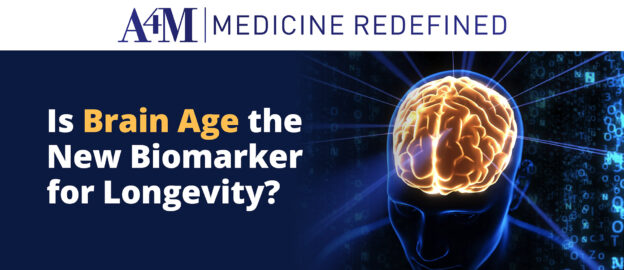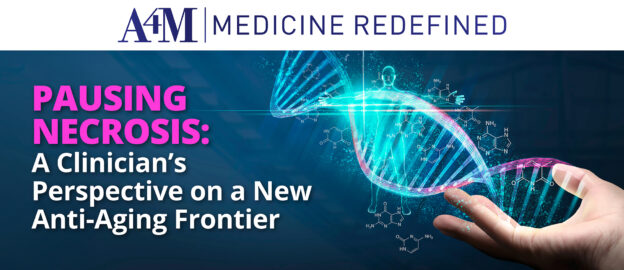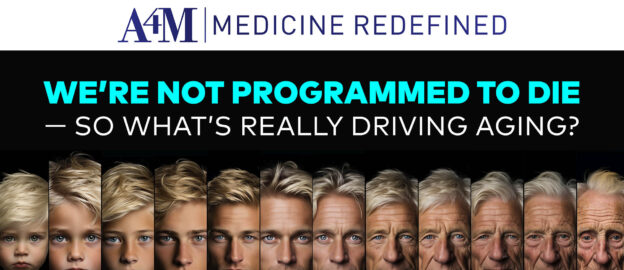Aging is not a preordained program locked in our DNA – that’s one of the eye-opening messages Nobel laureate Venkatraman “Venki” Ramakrishnan delivered at the Milan Longevity Summit 2025. Ramakrishnan, a structural biologist renowned for uncovering the ribosome’s structure (Nobel Prize in Chemistry, 2009) and author of Why We Die, provided evidence-based insights into the biology of aging that debunked popularized “anti-aging” myths. In a field awash with hype and hope, his perspective, firmly grounded in evolutionary biology, challenges many mainstream longevity narratives while affirming where legitimate progress is being made.
From why evolution “does not care” about longevity to why no miracle cure for aging exists (yet), the Nobel laureate’s recent discussions provide a reality check on what science tells us about extending life. The main takeaway: Longevity science is advancing, but claims of age reversal require scrutiny, and the most potent tools at our disposal might just be the fundamentals often overlooked.
Continue reading →



